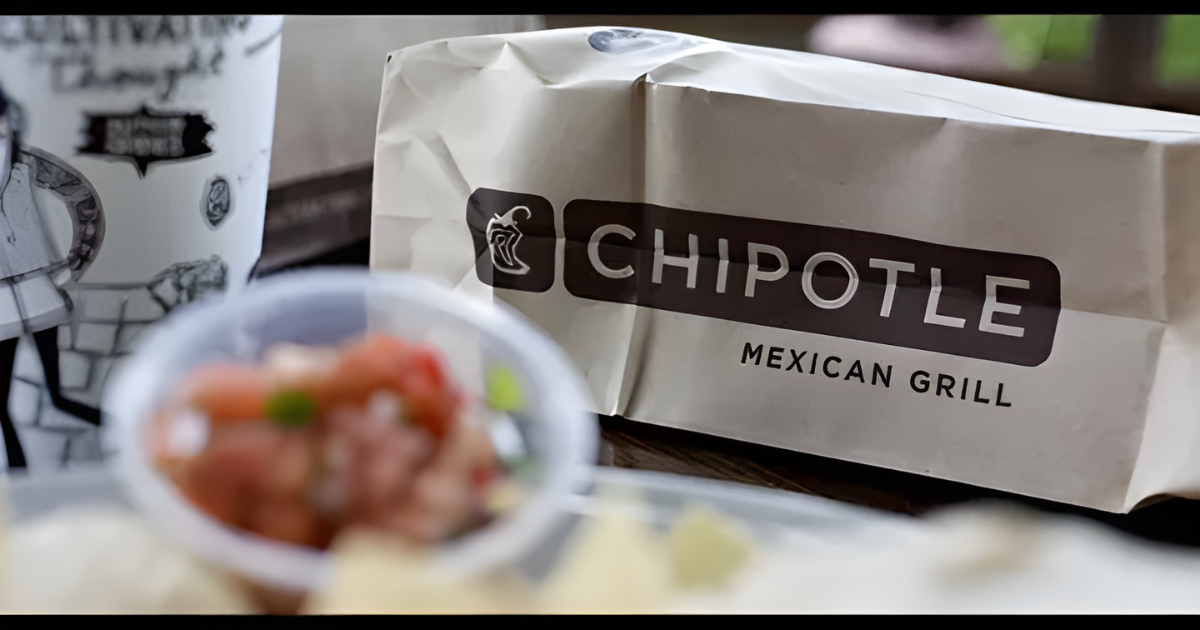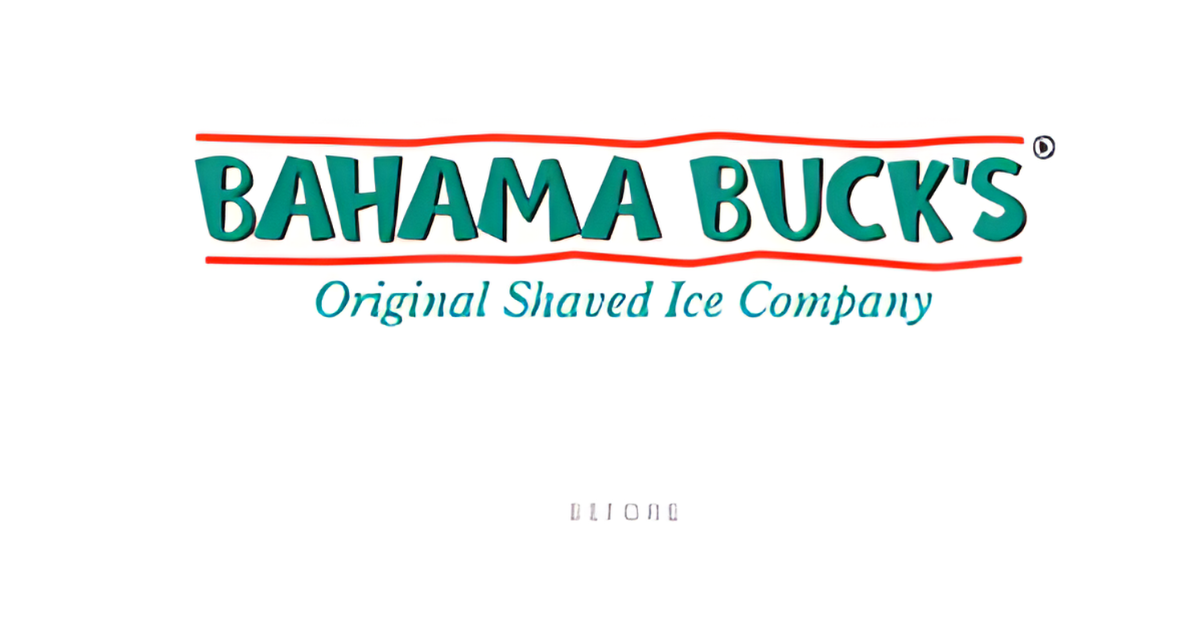Introduction
In the ever-evolving restaurant industry landscape, few names have garnered as much attention and scrutiny as Chipotle. Renowned for its dedication to using only sustainable and fresh foods, this fast-casual restaurant company has become well-known and a favorite among investors looking to profit from the rising desire for more transparent and healthier dining alternatives.
As the spotlight shines brightly on Chipotle stock, investors and analysts closely monitor the company’s performance, growth strategies, and ability to navigate the challenges posed by a highly competitive market. In this comprehensive article, we delve into Chipotle stock’s ins and outs, exploring its past performance, present dynamics, and prospects.
The Rise of Chipotle: From Humble Beginnings to Industry Giant
Chipotle’s tale is one of tenacity, inventiveness, and an unwavering quest for culinary perfection. When Steve Ells, a chef with classical training, founded Chipotle in 1993, it was only one restaurant in Denver, Colorado, with the straightforward goal of serving delectable, healthful cuisine created with top-notch, fresh ingredients.
As the concept of fast-casual dining gained traction, Chipotle quickly expanded, capitalizing on the growing demand for a more elevated and health-conscious dining experience. By emphasizing sustainability, transparency, and a commitment to ethical sourcing practices, Chipotle carved out a unique niche in the market, attracting a loyal customer base and establishing itself as an industry leader.
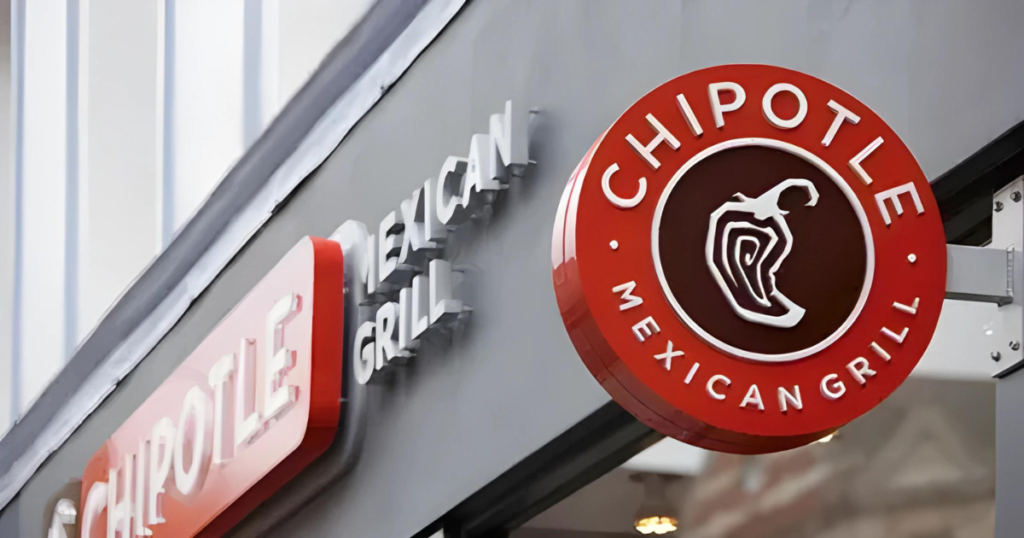
The Chipotle Business Model
Chipotle’s innovative and customer-centric business model is at the core of its success. The company’s commitment to using fresh, never-frozen ingredients and its emphasis on customization and transparency have resonated with consumers seeking a more authentic and engaging dining experience.
Chipotle’s assembly-line service model, coupled with its open kitchen concept, allows customers to witness the preparation of their meals, fostering a sense of trust and appreciation for the brand’s values. This transparency has been a critical differentiator for Chipotle, setting it apart from its competitors and contributing to its strong brand loyalty.
Expansion and Growth Strategies
Since its humble beginnings, Chipotle has embarked on an aggressive expansion strategy, opening new locations across the United States and internationally. As of 2023, the company operates over 3,000 restaurants and has a significant presence in major cities and urban centers.
In addition to its brick-and-mortar expansion, Chipotle has also invested heavily in its digital platforms. It offers online ordering, delivery services, and a comprehensive loyalty program to cater to the evolving preferences of modern consumers.
The company’s commitment to innovation extends beyond its operations. Chipotle has consistently explored new menu offerings and culinary concepts to maintain its competitive edge and appeal to a diverse customer base.
Chipotle Stock: A Rollercoaster Ride of Highs and Lows
Chipotle stock’s journey has been a rollercoaster ride characterized by impressive gains, setbacks, and resilience in the face of challenges. From its initial public offering (IPO) in 2006 to its recent performance, Chipotle stock has captured the attention of investors and market analysts alike.
The IPO and Early Years
Chipotle’s initial public offering in 2006 was a resounding success. Shares were priced at $22 and closed at $44 on the first day of trading. This intense debut set the stage for remarkable growth and investor confidence in the company’s business model and expansion plans.
In the following years, Chipotle stock soared, reaching an all-time high of over $750 per share in 2015. This meteoric rise was fueled by the company’s impressive financial performance, strong same-store sales growth, and consumers’ growing appetite for healthier and more transparent dining options.
The Food Safety Crisis and Recovery
However, Chipotle’s success story had its challenges. 2015, the company faced a devastating food safety crisis, with multiple outbreaks of foodborne illnesses linked to its restaurants. This crisis severely impacted Chipotle’s reputation, customer confidence, and, ultimately, its stock performance.
Chipotle’s stock plummeted, losing more than 60% of its value in the aftermath of the crisis. The company was forced to implement sweeping changes to its food safety protocols, supply chain management, and overall operational practices, incurring significant costs and putting its recovery efforts to the test.
Despite the setbacks, Chipotle demonstrated remarkable resilience, implementing a comprehensive turnaround strategy and regaining the trust of its customers and investors. The company gradually recovered through improved food safety measures, menu innovations, and strategic marketing campaigns, and Chipotle’s stock began to regain momentum.
The Current State of Chipotle Stock: Navigating a Competitive Landscape
Chipotle finds itself at a pivotal point in the fast-casual eating industry’s evolution as the competition heats up and it tries to hold onto its top spot while adjusting to shifting consumer tastes and market conditions.
Financial Performance and Growth Drivers
In recent years, Chipotle’s financial performance has been mixed, with periods of solid growth punctuated by challenges and headwinds. However, the company’s revenue and same-store sales have experienced steady growth, driven by menu innovations, digital initiatives, and strategic pricing adjustments.
However, rising costs, supply chain disruptions, and labor challenges have impacted Chipotle’s profitability, prompting the company to explore cost-saving measures and operational efficiencies. Despite these challenges, Chipotle has maintained a strong balance sheet and cash flow, positioning itself for future growth and investments.
Competitive Landscape and Market Positioning
The fast-casual dining industry has become increasingly crowded, with new players and established competitors vying for a share of the growing consumer demand for healthier and more convenient dining options. Chipotle faces formidable competition from chains like Qdoba, Moe’s Southwest Grill, and even fast-food giants like McDonald’s, which have introduced their versions of fresh and customizable menu items.
Chipotle has doubled its commitment to sustainability, transparency, and culinary innovation to maintain its competitive edge. The company has introduced new menu items, such as plant-based protein options and lifestyle bowls, to cater to consumers’ evolving dietary preferences.
Additionally, Chipotle has embraced technology and digital platforms to enhance the customer experience, offering mobile ordering, delivery services, and a revamped loyalty program to foster customer loyalty and drive repeat business.
The Future of Chipotle Stock: Growth Strategies and Outlook
As Chipotle navigates the challenges and opportunities of the fast-casual dining landscape, the company’s strategic vision and growth plans will play a pivotal role in shaping the stock’s future performance.
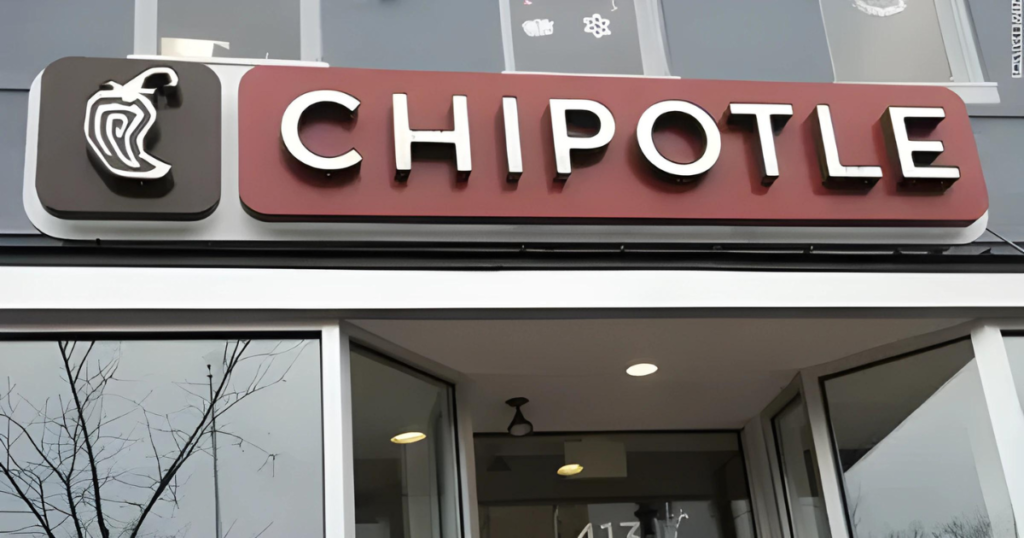
Expansion and New Markets
One of Chipotle’s primary growth strategies is to continue aggressively expanding into new markets, both domestically and internationally. The company plans to open hundreds of new restaurants in the coming years, capitalizing on the growing demand for its offerings and leveraging its brand recognition.
To reach a wider customer base and accommodate changing consumer tastes, Chipotle is investigating alternate formats including drive-thrus, mobile kitchens, and collaborations with third-party delivery systems in addition to traditional brick-and-mortar locations.
Menu Innovation and Concept Diversification
Chipotle has made a commitment to ongoing menu innovation and idea diversity in order to keep its competitive edge and appeal to a wide range of client demographics. The company has introduced new protein options, plant-based alternatives, and lifestyle-specific menu items to cater to various dietary preferences and trends.
Furthermore, Chipotle has explored new concepts and ventures beyond its core burrito and bowl offerings. The company has launched Tasty Made, a line of premium burgers, and experimented with pizza and other culinary concepts, demonstrating its commitment to staying ahead of evolving consumer tastes and market trends.
Sustainability and Social Responsibility
Chipotle’s commitment to sustainability and social responsibility has been a cornerstone of its brand identity and a driving force behind its success. With customers becoming more aware of the ethical and environmental effects of their eating choices, Chipotle has increased its efforts to source ethically, lower its carbon footprint, and support sustainable practices across its supply chain.
The company has implemented various initiatives, such as its Real Foodprint program, which aims to reduce its operations’ environmental impact, and its support for regenerative agriculture practices, which promote soil health and biodiversity.
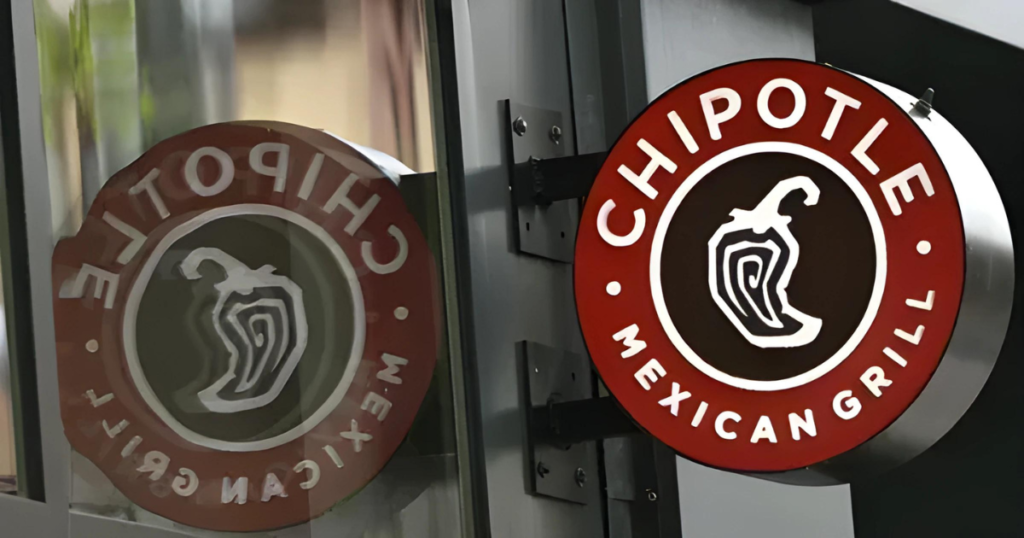
By aligning its business practices with its values and commitment to sustainability, Chipotle aims to solidify its position as a leader in the fast-casual dining industry and appeal to a growing demographic of socially and environmentally conscious consumers.
Conclusion
The Chipotle stock saga is a captivating tale of resilience, innovation, and a relentless pursuit of culinary excellence in the competitive fast-casual dining industry. From its humble beginnings as a single restaurant in Denver to its current status as an industry giant, Chipotle has navigated through triumphs and setbacks, emerging more robust and focused on its core values of sustainability, transparency, and customer satisfaction.
At DIGITAL NEWS PLANET, Chipotle stock represents a compelling investment opportunity for those seeking exposure to a company that has consistently demonstrated its ability to adapt, innovate, and capitalize on evolving consumer preferences. With its aggressive expansion plans, menu innovations, and unwavering commitment to social responsibility, Chipotle can maintain its leadership position and drive long-term growth.
The company’s dangers and difficulties, such as growing expenses, supply chain interruptions, and fierce industry rivalry, must be carefully considered, though, as with any investment. By keeping informed and keeping an eye on the company’s performance, investors may make well-informed decisions that are in line with their investment goals and risk tolerance.
As the world of fast-casual dining continues to evolve, Chipotle remains at the forefront, driven by its innovative spirit and relentless pursuit of culinary excellence. The path of Chipotle stock promises to be fascinating and full of insights into the constantly shifting food and beverage business, whether you are an investor, a customer, or an industry watcher.
-
Q: What is Chipotle’s business model?
A: Chipotle’s business model serves fresh, never-frozen ingredients in a fast-casual dining setting. The company emphasizes customization, transparency, and an open kitchen concept, allowing customers to witness the preparation of their meals.
-
Q: How has Chipotle’s stock performed since its initial public offering (IPO)?
A: Chipotle’s stock experienced a meteoric rise after its IPO in 2006, reaching an all-time high of over $750 per share in 2015. However, a food safety crisis 2015 caused the stock to plummet, losing more than 60% of its value. Since then, the company has implemented a turnaround strategy and regained momentum.
-
Q: What are Chipotle’s key growth strategies?
A: Chipotle’s key growth strategies include aggressive expansion into new markets, menu innovation, concept diversification, embracing technology and digital platforms, and a solid commitment to sustainability and social responsibility.
-
Q: How does Chipotle differentiate itself from competitors in the fast-casual dining industry?
A: Chipotle differentiates itself through its commitment to using fresh, never-frozen ingredients, transparency in food preparation, and emphasis on customization. Additionally, the company’s focus on sustainability, ethical sourcing practices, and social responsibility have set it apart from competitors.
-
Q: What challenges and opportunities does Chipotle face in the current market landscape?
A: Chipotle faces rising costs, supply chain disruptions, labor challenges, and intense competition from new and established players in the fast-casual dining industry. Nevertheless, the firm may also expand by introducing new menu items, expanding its range of concepts, and utilizing digital platforms and technology to improve customer service.

